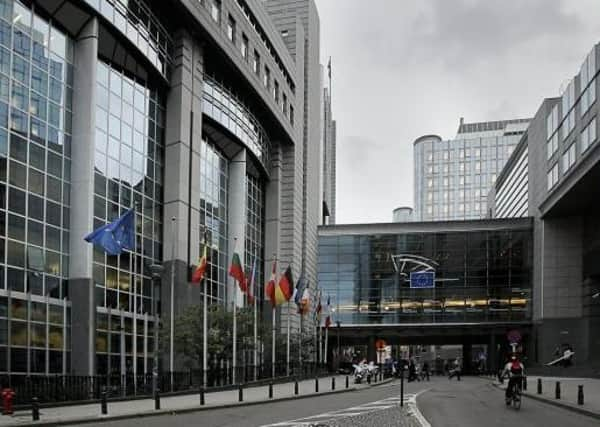No substantial progress made in EU-UK negotiations


In his press conference after the week of talks had concluded on Friday, the EU’s lead negotiator Michel Barnier expressed disappointment that the discussions did not advance any further on some of the more complex subjects.
Significant divergences remain on the level playing field, governance of future relations, police and judicial issues and fisheries. Mr Barnier confirmed that the EU ambition is still for a trade agreement with zero tariffs and zero quotas on all goods, and that it does not want to revert to an existing model found in other trade agreements. He reiterated that it is still possible to extend the transition period by one to two years by agreement.
Advertisement
Advertisement
Meanwhile the UK lead negotiator David Frost reiterated the UK’s aim to use a pre-existing agreement as a model for the EU-UK relationship, and insists that the EU needs to change its approach if progress is to be made in the next round which begins on 1 June.
Member states seek further support measures
Last week agricultural ministers held an exchange of views on the market support measures offered by the Commission in an informal agriculture council meeting. Ministers called on the Commission to table a second package of exceptional market measures to help mitigate the impact that COVID-19 is having on the agriculture sector.
Many delegations called for further financial resources to activate private storage aid and other measures for the worst-hit sectors including poultry, pigmeat, potatoes, wine, veal and ornamentals. The Irish minister Michael Creed repeated calls for exceptional aid for livestock and dairy, pointing to price falls in those sectors. Member states from Eastern European also called for additional dairy support. Delegations were split on the activation of the crisis reserve (which has never been triggered before).
While it is generally seen as a last resort, some ministers argued that the current situation justifies its use. The Agriculture Commissioner Janusz Wojciechowski later confirmed that the Commission is not preparing any new market measures, but that the situation is being closely monitored and that the impact of private storage aid will be watched closely. He also spoke in favour of a strong CAP budget and urged further discussions on instruments and tools for crisis management as the current policy framework is “not prepared for crisis situations.”